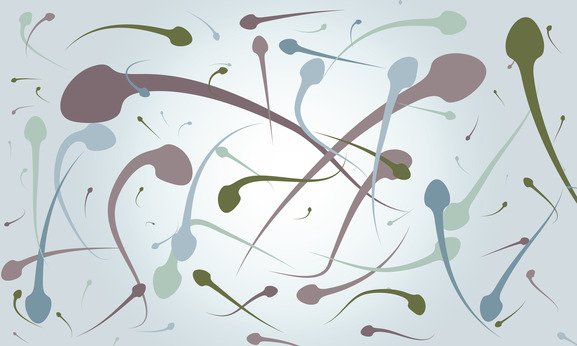 U. PITTSBURGH (US) — After an injection of banked sperm-producing stem cells, male primates who become sterile due to cancer drug side effects were once again fertile.
U. PITTSBURGH (US) — After an injection of banked sperm-producing stem cells, male primates who become sterile due to cancer drug side effects were once again fertile.
A study published in Cell Stem Cell, describes how previously frozen stem cells restored production of sperm that was able to successfully fertilize eggs to produce early embryos.
Some cancer drugs work by destroying rapidly dividing cells. Since it isn’t possible to discriminate between cancer cells and other rapidly dividing cells in the body, the precursor cells involved in making sperm can be inadvertently wiped out leaving the patient infertile, explains senior investigator Kyle Orwig, associate professor in the department of obstetrics, gynecology and reproductive medicine at the University of Pittsburgh School of Medicine, and an investigator at Magee-Womens Research Institute. Read full article.
